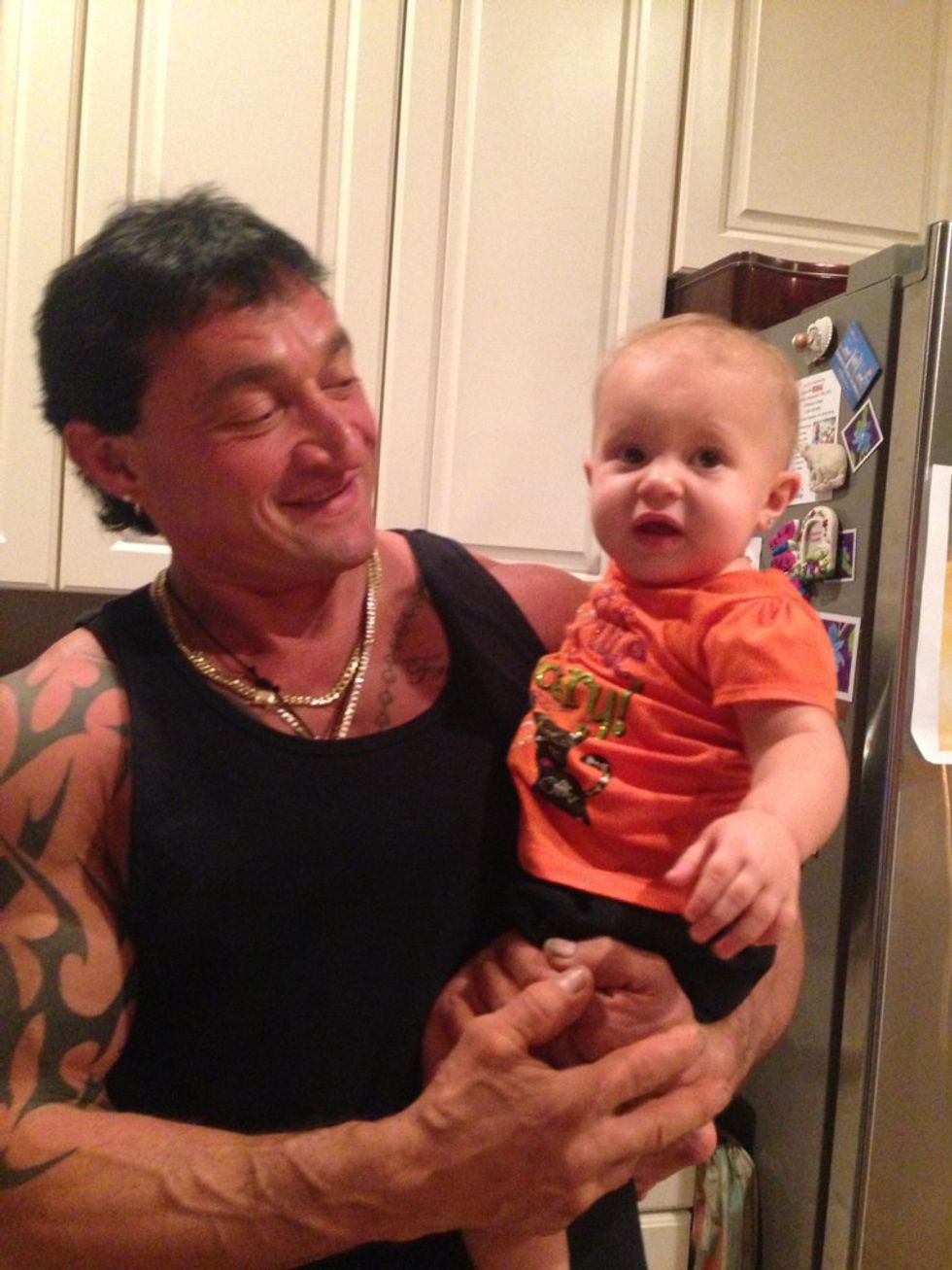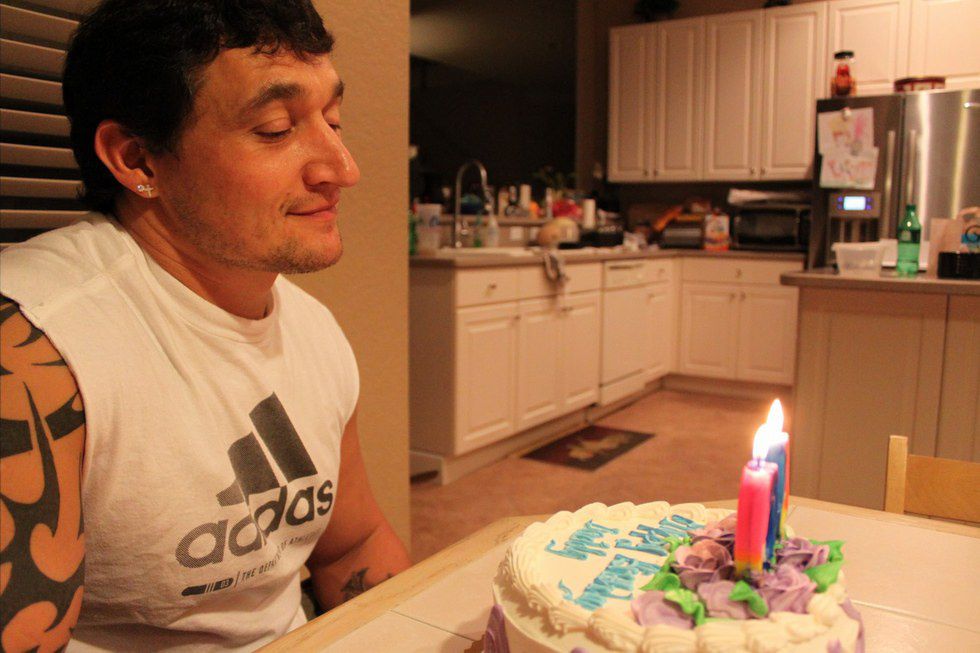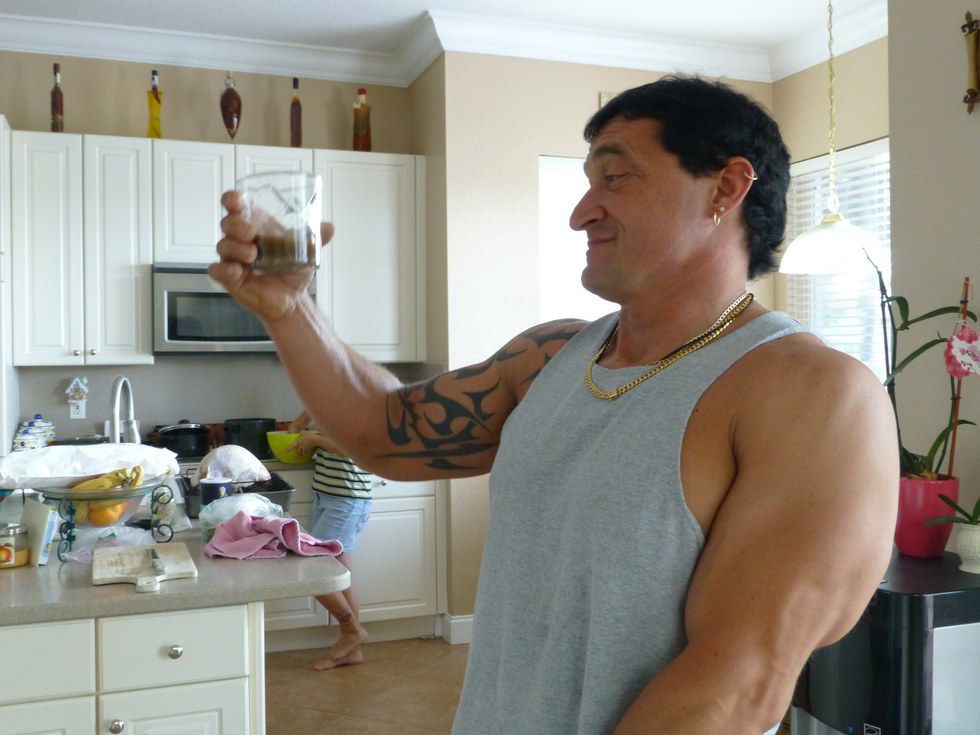I’d like to start off this article by noting that despite its presence in pop-culture and in some beginning psychology classes, there is a lack of empirical evidence supporting Kübler-Ross’s 5 stage model of grief. However, due to that same familiarity, I have chosen to use the Kübler-Ross grief model as a vehicle for this “Stages of Grief” series. More information about the Kübler-Ross grief model can be found here.
If you have recently lost someone you love and feel you have no one to talk to, please don’t hesitate to reach out to the Crisis Text Line by texting the word “start” to 741-741.
According to the Kübler -Ross model, the bargaining stage manifests when the griever feels the need to regain control of their situation. It shows in statements like, “If only we’d spoken to doctors sooner, they’d still be here”; or “God, I’ll do anything you ask if you’ll just heal her.” This bargaining stage can be particularly harmful to the griever: the farther you let yourself go down that spiral, feeling responsible as though you could have prevented the outcome, the more these thoughts can fuel your feelings of depression and isolation.
I’ve never bargained for my dad. Because it isn’t fair to him.
My father was diagnosed in 2008, and he never “looked” like your typical cancer patient. Huge muscles, covered in tattoos: I remember he felt so out of place in the clinics when we went for his treatments, surrounded by the elderly and the frail. By comparison, a young man sometimes half their age with an otherwise healthy glow – he always joked the others must have wondered what the hell he was doing there.
He lived a full life, doing more in his 45 years than many do in their entire lifetimes. He started his own business in his early twenties with no help from anyone except my mother. This year – 2016 – he was planning on entering a bodybuilding competition for the first time since I was a child. He was an accomplished drag racer, too – but to him, all of that paled in comparison to being part of and having a family. He was proud of us, but never let us get too cocky. He told the funniest stories about growing up and the trouble he used to get in with his siblings. He had four children before he turned 35, and two granddaughters by 43. And for the last eight years he was on and off various chemotherapy; seeking out the newest treatments and even trying a ton of homeopathic methods, no matter how strange (or disgusting).
“Family is the most important thing,” he used to tell us. My dad encouraged us to move past petty arguments and focus on the good. Things wouldn’t always be perfect, but we would have family by our side to get us through. All he wanted was for his family to be happy.

He kept up our spirits even when he couldn’t do so for his own. He kept the promises that he made, and never made a promise he couldn’t keep. He fought with all his heart, but no matter how good he looked he was still in pain. So I can’t bargain. The one thing he wanted – for us to be happy – I would be violating by begging for something I can never get back. I would be – and in the last couple of months, have often been – absolutely miserable with no real motivation to continue living my life.
It would be easy to bargain for him – to pine and wish and think of what could have been. What’s harder, I can say with the utmost confidence, is to get out of bed and see the sun; to laugh without feeling guilty; to do things you loved to do together alone, or without them.
My dad always said he wanted us to work our asses off now so we didn’t need to later. So I guess I’ll be taking that harder road after all.
Taken by my sister, in Bradenton, Florida.
























